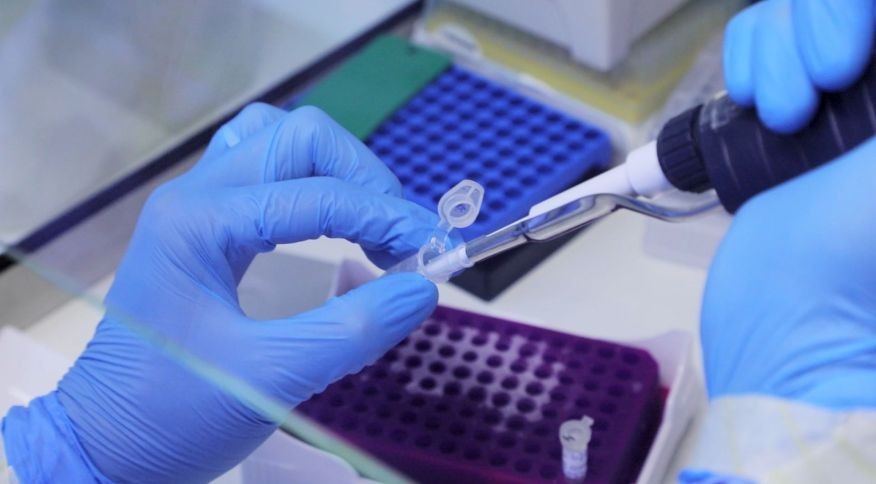for every
Southern newsroom
| September 29, 2022

The analysis concluded that people who were not immunized had a 14-fold increased risk of developing the disease. (Photo: Josué Damacena/IOC/Fiocruz))
A preliminary analysis published by the US Centers for Disease Control and Prevention (CDC) concluded that between July 31 and September 3, unvaccinated people had a 14 times greater risk of disease than vaccinated people, 14 days after your first dose.
The results were based on confirmed infections in 32 jurisdictions across the country. The United States has recorded more than 25,000 cases in the current outbreak, which began in May this year and mainly affects men who have sex with men.
“This new data brings a level of cautious optimism that the vaccine is working as intended,” Rochelle Wallinsky, director of the Centers for Disease Control and Prevention, told reporters at a news conference.
“In light of this promising data, we strongly recommend that people receive two doses of Jynneos vaccine, 28 days apart, to ensure lasting protection against monkeypox.”
However, despite its approval, there is still no firm estimate of the effectiveness of the Jynneos monkeypox vaccine because previous studies have only looked at animals and collected human immune response data.
Worldwide, more than 66,000 cases of monkeypox have been detected, but new infections have fallen sharply since August.
The United States has administered more than 680,000 doses of the Jynneos vaccine, focusing its efforts on men who have sex with men, as well as transgender and heterosexual people.
The White House’s deputy epidemiological response coordinator, Demeter Daskalakis, said the campaign is moving to a new phase in which the vaccine is being offered to people without prior exposure, replacing those who have had some type of contact.
He added that to reduce stigma, the new guideline allows health care providers to administer the vaccine to less visible areas of the body, including the shoulders and upper back rather than the forearm.
In Brazil, the National Health Surveillance Agency (Anvisa) in August approved the release of the Jynneos/Imvanex vaccine against monkeypox (monkeypox) and the drug tecovirimat to treat the disease. To give approvals, the agency analyzed data from the European Medicines Agency (EMA) and the US Agency (FDA).
counting
all health

“Wannabe internet buff. Future teen idol. Hardcore zombie guru. Gamer. Avid creator. Entrepreneur. Bacon ninja.”

